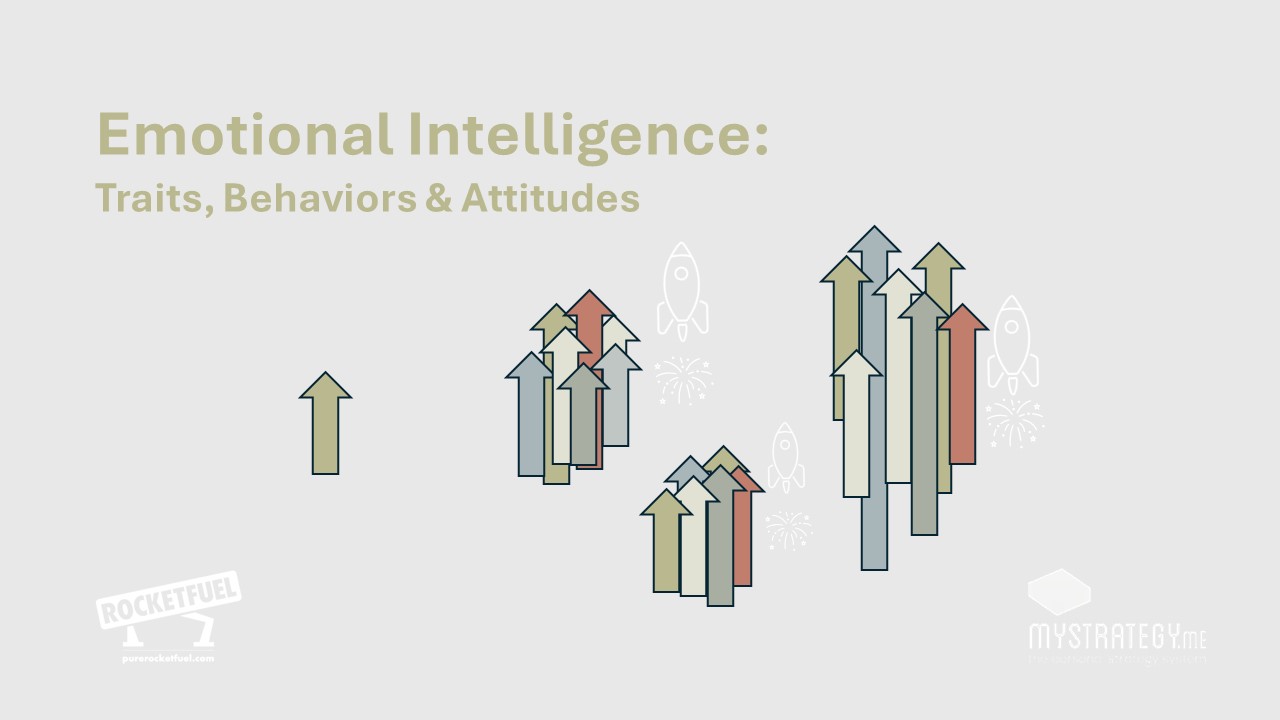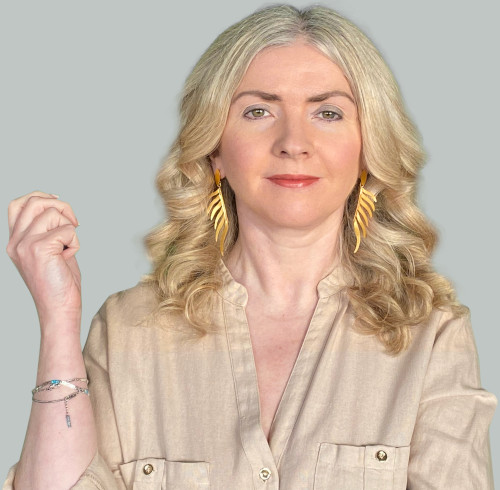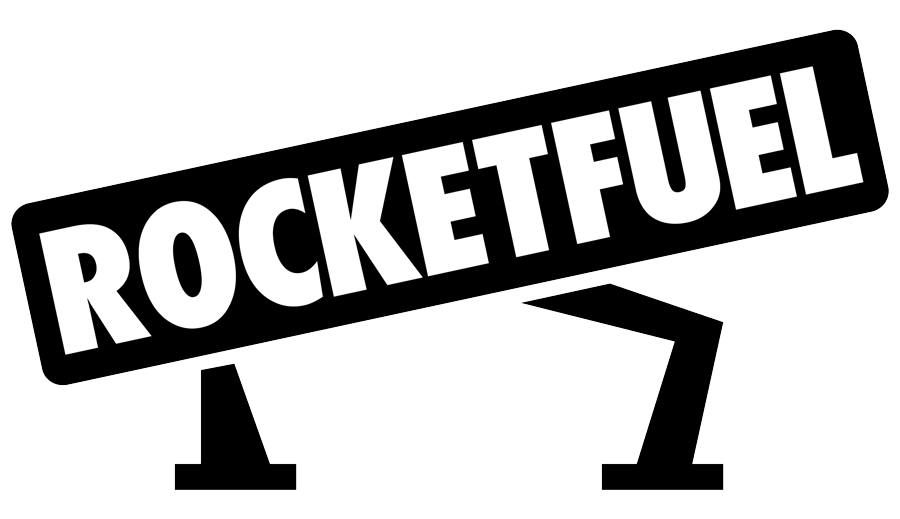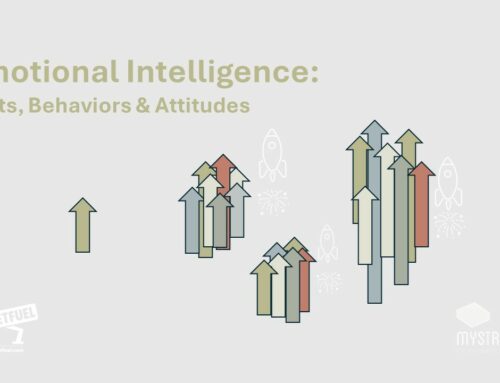
Thought your communication was just your (carefully chosen) words? Think again, says Leadership & Performance Coach, Davina Greene.
So many training courses in the world, so many coaches in the world, so many books, articles and blogs in the world…and yet, week in week out, I find myself listening to complaints about communication skills. Why is this? Because it’s a big area!
When we consider how we communicate, we need to consider the How, Why, When, Who and What.
How To Analyze Communication Skills
In relation to the How, it is wise to consider things like your voice, your facial expression, the rest of your body language (posture, hand gestures…), and your presentation of yourself (clothing, general neatness…). Vocally, it’s worth considering whether you have a strong accent that needs softening at times, whether you articulate, whether you use an excessive amount of jargon. If leadership is your thing, consider if you tell a good story – would you stir an audience’s souls with a rousing tale of your vision?
Another aspect of the How is the method – do you have favorites? Do you avoid speaking on the phone, perhaps? Are you the consummate modern text-addict? Then, consider your style – for example, do you communicate briefly and succinctly, or circle for hours? These (often unwitting) choices communicate certain things to our audience, too.
Why do you communicate? Some people only communicate when the news is good. Some only give information, but would never ask a question. Do you communicate to motivate or to annihilate? To compliment or knock down? Do you do it more so to exchange information or to build relationships? How about managing expectations? Some of you may have a manager, or a client, who is going nuts with you right now because you continuously promise unrealistic deadlines to make a good upfront impression. Sound familiar?
Next, think about When you communicate (and remember, endless talking isn’t necessarily “communication”). Do you only engage others when something important or different happens? Communication can be proactive or reactive – are you a font of information or do people have to drag it from you? How likely are you to bottle up the more negative things that might need to be communicated, and then explode at a group or individual…and what might that act, alone, communicate about you then?
Then, consider Who you communicate with? Be honest: are there certain people who you have decided, consciously or unconsciously, aren’t worth your time? Age, gender, nationality, ethnicity, status…have you switched off your mind (and ears) to any group in particular, perhaps without really noticing? From another angle, are you communicating the right things to the right people? (We’re so good at telling our friends all the things we should be telling our boss or our partner!)
In terms of What you communicate, consider if you give people all of the information they need – or perhaps you drown them in too much! Some people communicate only what they feel (contractually) obliged to communicate; others operate with a spirit of genuine cooperation and information-sharing. Some aim to obtain power by withholding information – how might that make people feel?
Communication: The Sum Of Its Parts
Finally, consider what all of the above communicates overall. Do you generally communicate flexibility or inflexibility, reliability or flakiness, generosity or self-centeredness? When your phone is in your hand, do you communicate or engagement or disrespect to those people standing around you? Do you generally communicate a ‘community’ attitude or one of individualism? Does your communication imply that you are emotionally intelligent?
Sometimes we choose not to communicate. Perhaps there is a situation that we deem irreparable, but no longer have enough fire inside us to try to fix it anymore. And that’s OK, too – not everything is worth your energy.
But in general, you are constantly communicating with the world, even when it’s not a conscious choice. Through facial expressions, body language, and more. Scary? It shouldn’t be really, because everyone is in the same situation! In the spirit of self-awareness, it’s always beneficial to have a think about what impression you’re making, so why not take the time to evaluate your communication skills right now? Start simply by starting the conversation with you!
Key Considerations for Improved Communication
- Are you generally confident or nervous when it comes to communication? If the latter, what steps might you take to improve?
- Consider, individually, the How, Why, When, Who and What of your communication style.
- Are your communication skills at a level that is really working for you?
- Think of a wonderful communicator – what could you learn from that person?
- Consider what steps you could put in place, to improve one or two key areas.
Interested in investing in your own personal – and personal strategy – development? Check out www.MyStrategy.me!
Share This!
About the Author



